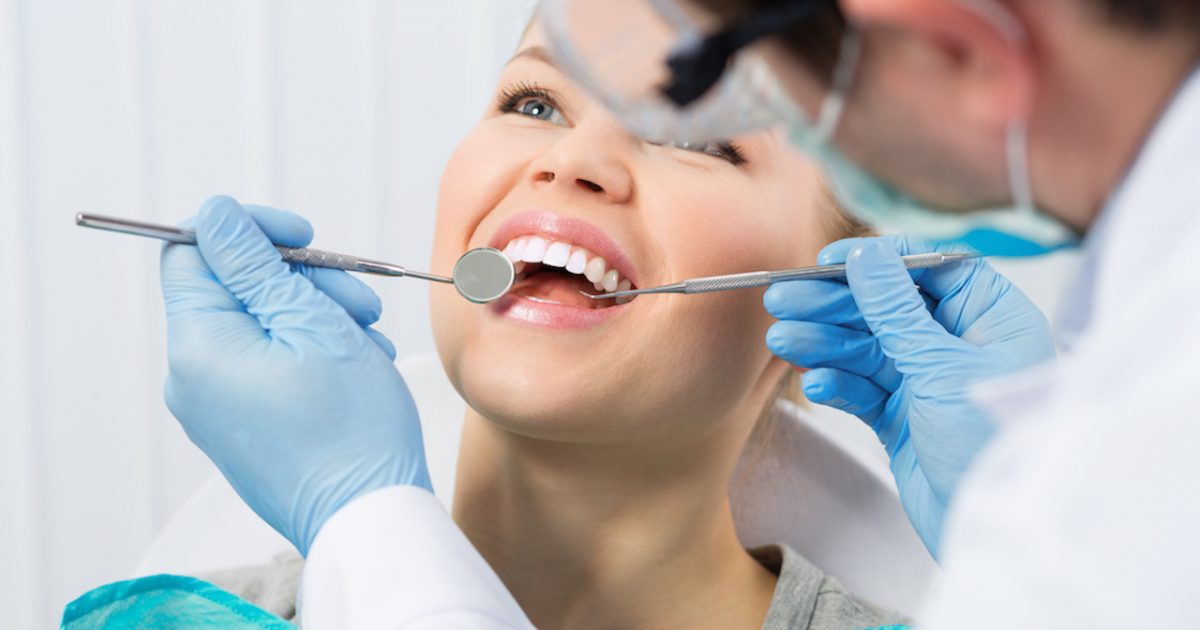— Patients with both mild-to-moderate and severe OSA saw benefits with oral appliance therapy
by
Elizabeth Short, Staff Writer, MedPage Today
October 11, 2023
HONOLULU — Oral appliance therapy may be a promising alternative to continuous positive airway pressure (CPAP) in elderly patients with obstructive sleep apnea (OSA), a pilot study suggested.
Among 40 patients at follow-up testing, 52% of those with mild-to-moderate OSA and 50% of those with severe OSA had a ≥50% reduction in their Apnea-Hypopnea Index (AHI) scores with oral appliance treatment, reported Eliza Thompson, MD, of the Mayo Clinic in Rochester, Minnesota, during the CHEST annual meeting hosted by the American College of Chest Physicians.
At initial testing before oral appliance treatment, patients with mild-to-moderate OSA had a median AHI of 9.6, while those with severe OSA had a median AHI of 35.8 (P<0.0001).
There were also similar reductions from initial to follow-up testing in the Epworth Sleepiness Scale (ESS) in the groups, with a median ESS of 5 in patients with mild-to-moderate OSA, down from a median of 7, and a median ESS of 4.5 in those with severe OSA, down from a median of 6.5, indicating a similar decrease in daytime sleepiness with oral appliances.
OSA is common among older patients, with disease prevalence and severity increasing with age. While CPAP is the standard treatment for OSA, Thompson pointed to recent evidence indicating that CPAP treatment for moderate-to-severe OSA in elderly patients does not improve daytime sleepiness, neurocognitive performance, or quality-of-life outcomes, despite improving witnessed apneas and AHI scores.
There are a multitude of factors that make CPAP treatment difficult for elderly patients — including managing and using equipment, limited access to healthcare appointments, and frequent wake-ups throughout the night, which could potentially be a risk factor for falls when they need to remove equipment.
“These are patients with an already large health burden — this just adds to it,” Thompson told MedPage Today.
Co-author Patricio Escalante, MD, MS, also of the Mayo Clinic, also noted that changes to facial structure that may come with age may result in a potential need for more frequent mask-fitting appointments or apparatus changes to ensure CPAP therapy remains as effective as possible.
He said that oral appliances could help “lighten this load,” explaining that the oral appliance sits in the mouth, pulling the mandible forward in order to increase — and ultimately improve — airway access.
For this study, Thompson and team included 57 patients (30 men) ages 65 and older. They were diagnosed with OSA using diagnostic studies that included polysomnography, WatchPAT, oximetry, and Embletta.
At initial sleep testing, 51 patients had mild-to-moderate OSA (AHI <30), while six patients had severe OSA (AHI ≥30).
After receiving an OSA diagnosis, 25 patients chose the oral appliance as treatment due to CPAP intolerance, 28 due to patient preference, and three patients used it as an alternative to CPAP. Forty patients then participated in follow-up testing.
Thompson noted that there are plans to conduct further research on the benefits of oral appliances as a CPAP alternative in a larger population of elderly patients.
![author['full_name']](data:image/svg+xml;base64,PHN2ZyB4bWxucz0iaHR0cDovL3d3dy53My5vcmcvMjAwMC9zdmciIHdpZHRoPSI1MCIgaGVpZ2h0PSI1MCIgdmlld0JveD0iMCAwIDUwIDUwIj48cmVjdCB3aWR0aD0iMTAwJSIgaGVpZ2h0PSIxMDAlIiBzdHlsZT0iZmlsbDojY2ZkNGRiO2ZpbGwtb3BhY2l0eTogMC4xOyIvPjwvc3ZnPg==)
Elizabeth Short is a staff writer for MedPage Today. She often covers pulmonology and allergy & immunology. Follow
Disclosures
Thompson and Escalante reported no disclosures. A co-author reported a relationship with Archis Health Investments.
Primary Source
CHEST
Source Reference: Jagielski JT, et al “Oral appliance treatment for severe obstructive sleep apnea in elderly adults” CHEST 2023.
Note: This article have been indexed to our site. We do not claim legitimacy, ownership or copyright of any of the content above. To see the article at original source Click Here



![author['full_name']](https://clf1.medpagetoday.com/media/images/author/EShort_188.jpg)










